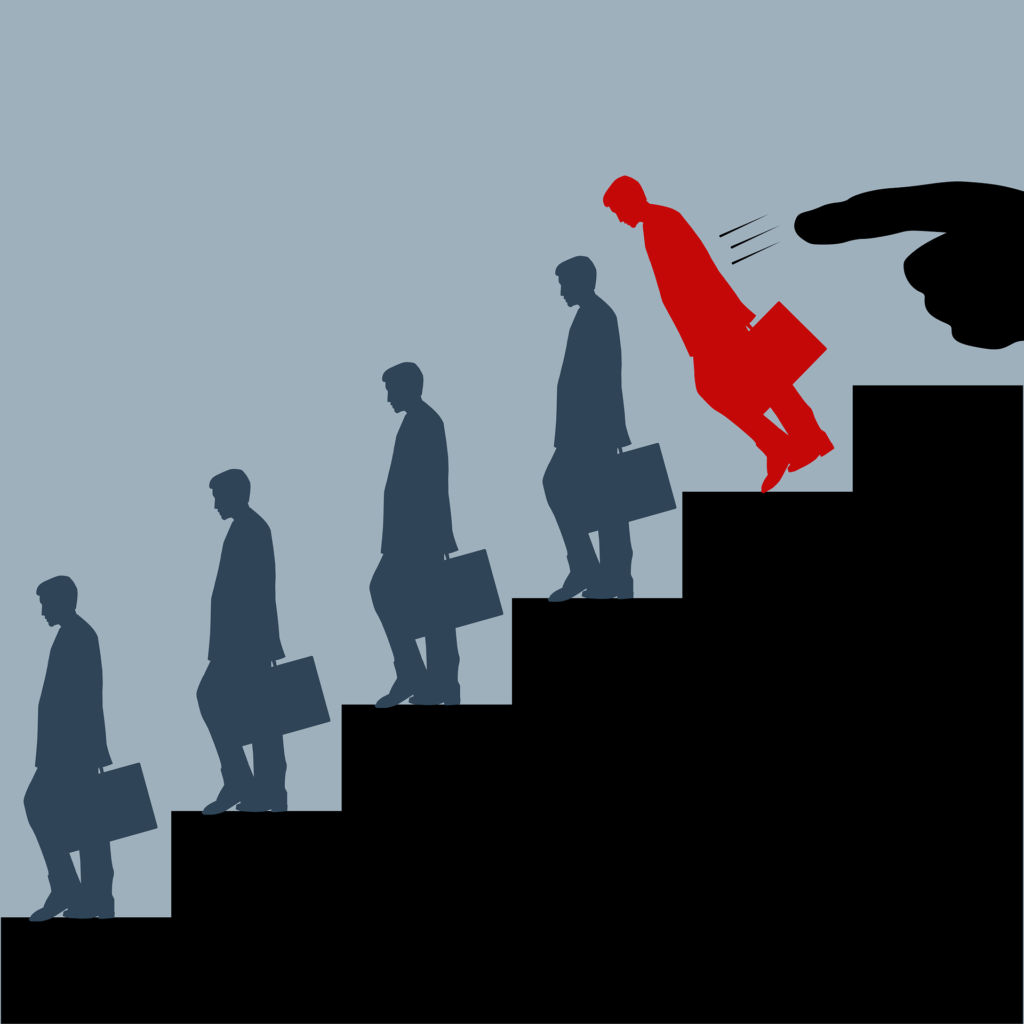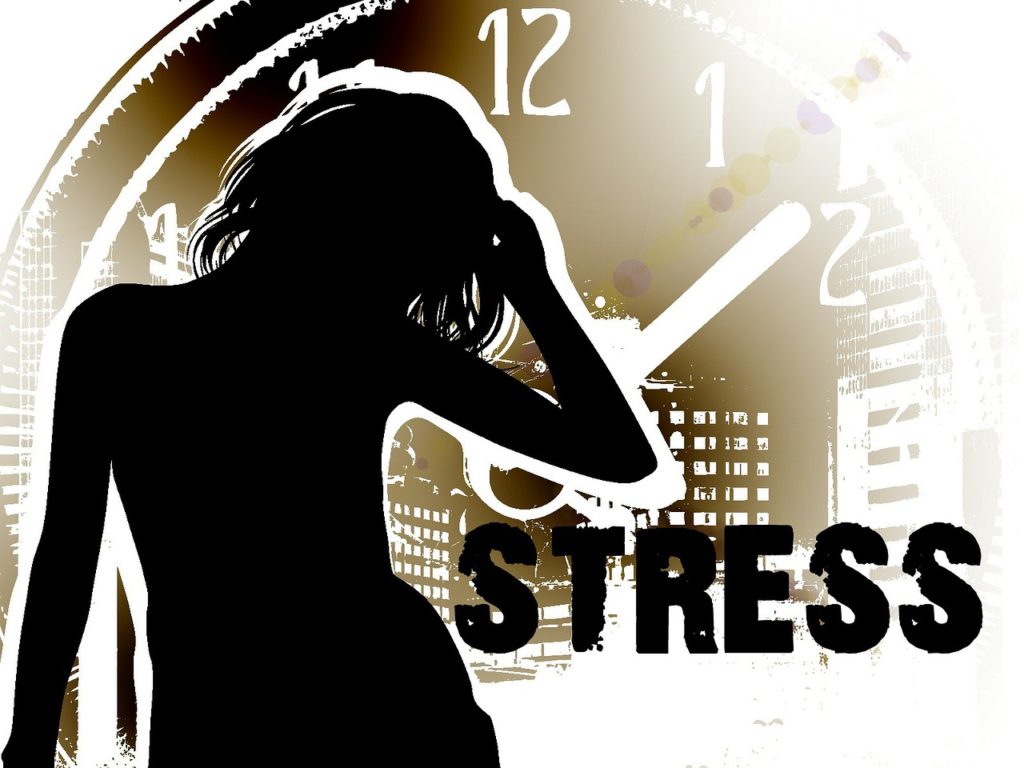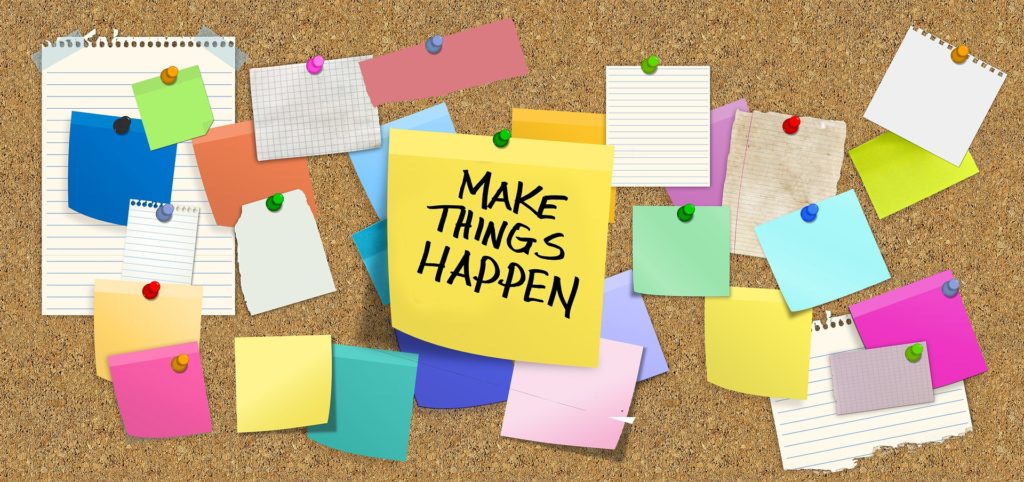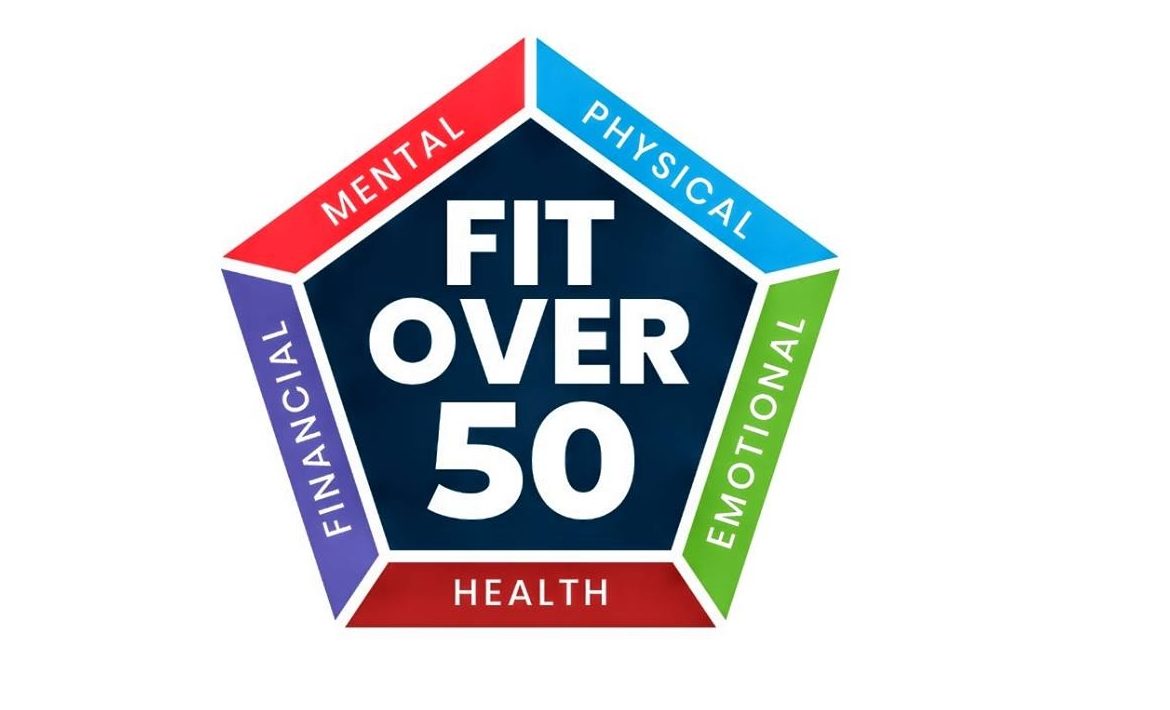
Are you feeling stressed about the current state of the economy
You’re not alone. Many people are struggling with the toll of job loss, Unemployment, and financial stress. But don’t worry, there is help available.
It’s tough to keep your head up when everything seems to be going wrong, but please don’t suffer in silence. There are many resources available to help you get through this tough time. Reach out for help if you need it. You can get through this.
Unemployment is a significant problem in the United States. A study by the National Institute of Mental Health found that, in any given year, about 1 in 5 adults experience major depression. This number is even higher for those who are unemployed. Unemployment is one of the strongest predictors of depression.
People who lose their jobs experience a great deal of stress and anxiety and loss of self esteem. This can lead to a loss of satisfaction in the workplace and even depression. The economic crises sparked an unprecedented amount of stress for people, regardless of their employment status.
It is important to remember that psychological intervention can help people deal with the situation. If you are experiencing job loss or stress due to the pandemic, please seek help. There are many resources available to you.
https://wowbrigade.com/critical-inflation-fighting-success-tactics-invest-in-a-business/
Is The Job Market Slowing Down?
The job market is slowing down. There are several reasons for this. The economy is not doing well, and too many people are looking for jobs. This means that companies can be picky about who they hire and afford to be choosy. They may not have to hire the best person for the job, but the best person is available now.
This means you may likely lose your job in a recession. Companies may lay off workers to save money. They may also freeze hiring, which means that you may not be able to get a new job if you lose your current one.
However, not all jobs are at risk of being lost in a recession. Jobs that are necessary for people to live, like nurses and doctors, are less likely to be cut than jobs that are not necessary, like salespeople. So if you have an important position, you are less likely to lose it in a recession.
Is Job Loss A Trauma?
Job loss can be a traumatic event. It can cause a great deal of stress and anxiety and can be challenging to cope with.
Job loss and unemployment stress can also lead to a decline in mental health, increasing the risk of depression. It can be difficult to adjust to life after a job loss, and it can be challenging to find new employment.
Those who have lost their jobs may feel like they have failed and may feel like they are not good enough. They may also feel like they are not worth anything. Job loss can also lead to financial difficulties, and making ends meet without a job can be challenging.
Those who have lost their jobs experience psychological distress and may feel like they have no purpose. They may feel like they are not contributing anything to society. Job loss can be a challenging experience, and it is vital to seek help if you are struggling to cope with it.
Can You Have PTSD From Job Loss?
Job loss is a severe issue that can lead to PTSD. Any type of job loss can be traumatic, especially if it is unexpected. Often, people who lose their jobs feel like they have failed. They may feel like they are not good enough or that they are not worth anything. This can lead to feelings of shame and depression. Losing a job can also cause financial stress, adding to the emotional stress of losing a job. If you have lost a job and are experiencing symptoms of PTSD, please seek help from a therapist or counselor. Many resources are available to help you fight depression and anxiety after job loss. With the proper support, you can recover from the trauma of losing your job and move on with your life.

The Stress Of Losing A Job
Losing a job can be a difficult and stressful experience. In addition to the financial insecurity that comes with losing a job, you may also feel angry, depressed, and have a sense of loss. Your job provides you with structure and social interaction, both of which are essential components of a healthy life. Without your job, you may feel lost and uncertain about your future. However, it is critical to remember that you are not alone in this experience and that there are people who care about you and want to help. Seek support from friends and family during this time and consider attending support groups or counseling if necessary. Remember that this is only a temporary setback and that there is hope for the future. With time and effort, you will get through this challenging period.
What Is Unemployment Stress And Job Loss Grief?
When a person loses their job, it can be challenging to cope with the psychological stress that comes along with it. Unemployment can cause a sense of loss, grief, and even depression. This is because losing a job can mean losing one’s sense of purpose in life, income, and stability.
However, not everyone reacts to job loss in the same way. Some people are more resilient and can cope with stress better than others. This may be due to their psychological resources availability or their perception of employability.
For example, those with a robust support system of friends and family may find it easier to cope with Unemployment. They may also be more likely to find another job quickly if they are proactive in their job search.
On the other hand, those who feel like they are no longer employable may find it more challenging to cope with Unemployment. They may feel discouraged and hopeless about their prospects of finding another job.
Unemployment Impairs Mental Health
Job loss can be a devastating experience, both financially and emotionally. For many people, their job is not just a source of income but also their identity and purpose in life. When they lose their job, it can feel like they have lost everything.
Unemployment’s stress can lead to several mental health issues, including anxiety, depression, and even suicidal thoughts. These problems can be made worse by the fear of being unable to find another job, the stress of financial insecurity, and the isolation that often comes with being out of work.
How Does Unemployment lead to anxiety?
Unemployment can lead to anxiety in a few ways. One way is that Unemployment can lead to a loss of self-esteem and a feeling of worthlessness. When people are unemployed, they may feel like they are not contributing to society and are not valuable community members. This can lead to a lot of anxiety and insecurity. Unemployment can also lead to financial insecurity. Unemployed people may not have enough money to pay for their bills or food, which can cause stress and anxiety. Finally, Unemployment can lead to social isolation. Unemployed people may not have many friends or social contacts because they no longer have anything in common with those people. This can also lead to a lot of anxiety.
How Does Unemployment Lead To Depression?
There is a clear correlation between Unemployment and depression. Unemployed people are more likely to experience depression than those with jobs. This is likely due to many factors, including the loss of income and status, the lack of social support, and increased stress levels.
Unemployment can be very stressful, and when people are stressed, they are more likely to become depressed. Unemployment can also lead to feelings of isolation and loneliness, as people lose their social networks when they lose their jobs. This can also lead to depression.
The loss of income is also a significant factor in unemployment-related depression. People out of work often struggle to make ends meet, which can lead to feelings of hopelessness and despair.
How Does Unemployment Lead To Suicidal Thoughts?
Unemployment can lead to suicidal thoughts because Unemployment means that a person cannot provide for themselves or their family. This can lead to a lot of stress and feelings of hopelessness. Unemployment can also be isolating, which can also lead to suicidal thoughts.

How Do You Cope With Job Loss?
When someone loses their job, it can be a challenging experience. They may feel a range of intense emotions, from stress and worry to sadness and anger. Friends and family must be understanding and supportive during this time and help the individual to manage their feelings.
Several things loved ones can do to help the individual get through this challenging period:
- They can provide emotional support, listening to and supporting the person as they go through this tough time.
- They can assist with job search activities, helping the individual to update their resume, search for jobs online, and network with people in their industry.
- Loved ones can help with financial planning, assisting with budgeting, and finding ways to reduce expenses.
By providing practical and emotional support, loved ones can help the individual get through this difficult time.
Reach Out To Stay Strong
It is common for someone who has lost their job to withdraw from friends. This can be due to feelings of shame or embarrassment. However, it is essential to remember that others can be a big help during this time. Social contacts can help relieve stress naturally and can provide a listening ear. Sometimes, nothing calms the nerves more quickly than speaking in a listener’s face. For workers struggling with job loss or Unemployment, online therapy can provide professional assistance through professionals who understand what you are going through. With online treatment, you can get the support you need without leaving your home’s comfort. You can find a therapist who specializes in job loss and Unemployment and can help you manage the stress of this difficult time. Remember, you are not alone in this, and help is available. Reach out today and get the support you need to get through this tough time.
Job Loss Depression Symptoms
When someone experiences a job loss, it can trigger a depressive episode. This is because so many changes are happening at once. The person’s identity is suddenly changed, they may be less financially secure, and they may now have to manage their time entirely differently. For people already prone to depression, this can be a recipe for disaster.
Job loss can be a challenging experience, and it is not uncommon for people to feel depressed after losing their job. The symptoms of job loss depression can be very debilitating. They can include difficulty sleeping, losing interest in things they used to enjoy, or becoming more withdrawn. People may also feel hopeless and helpless and think there is no way out.
It is important to remember that these feelings are not permanent, and help is available. Talking to a therapist or counselor can be very helpful in managing these feelings. Many support groups are also available for people who have experienced job loss. These groups can provide valuable support and guidance during this difficult time.
If you are experiencing job loss depression, it is vital to seek help from a professional or a support group. This is a challenging experience, but there is light at the end of the tunnel. You are not alone in this experience, and some people can help you through it.
How Common Is Depression After Losing A Job?
Depression is one of the most common mental health conditions in the United States. According to the National Institute of Mental Health, depression affects around 7 percent of adults in any given year. And while depression can affect anyone, it seems particularly common after job losses.
There are a few reasons for this. For one, losing your job can be a traumatic experience. It can mean a loss of income, a loss of status, and a loss of self-identity. And all of these things can lead to depression.
In addition, many people who lose their jobs also experience a lot of stress. They have to worry about how they’re going to make ends meet, about their future, and sometimes about where they’re going to live. All of this stress can also lead to depression.
Finally, Unemployment can have a lot of negative consequences on your mental health. It can lead to feelings of isolation and loneliness, it can lead to feelings of hopelessness and despair, and it can even lead to suicide.
So, all in all, it’s not surprising that depression is so common after job losses. If you’ve lost your job recently or are worried about losing your job, please see a doctor or therapist immediately. Plenty of treatments are available for depression, and there’s no need to suffer in silence.

Ways To Combat Job Loss Anxiety And Depression
Allow Yourself To Grieve
Losing your job is one of the most challenging things that you can go through. Along with the practical implications of no longer having an income, there are often many other significant losses that come with joblessness.
You may feel a sense of loss of identity and purpose, loss of social connection, and even loss of self-worth. It is crucial to allow yourself to grieve these losses and to give yourself time to heal.
There are many ways to do this, including writing in a journal, talking to friends or family, or seeking professional help if needed. Remember that you are not alone in this process, and there is hope for the future.
With time and effort, you can move on from this challenging experience and find a new job that brings you fulfillment.
Tips for Coping With Depression After Losing a Job
Depression is a typical response to job loss and can make finding a new job much more difficult. Here are some tips for coping with depression after losing a job.
Reach Out To Family And Friends
If you are experiencing symptoms of depression, it is vital to reach out for help. Friends and family can be excellent sources of support, and many resources are available online and in your community. Treatment for depression may include therapy, medication, or both.
It is important to remember that you are not alone in this. Help is available, and with the proper treatment, you can overcome depression and regain happiness.
Keep A Positive Attitude
Many things can help prevent depression, including maintaining a positive attitude, staying active and social, and seeking treatment if needed. It is important to remember that depression is a treatable condition and that there is hope for recovery. Taking proactive steps to maintain your mental health can help protect yourself from depression and other mood disorders.
Stay Busy
The best way to prevent depression is to keep yourself busy and occupied with activities you enjoy. When you have something to focus on and keep your mind occupied, you are less likely to dwell on negative thoughts or feel down.
This can be as simple as spending time outdoors, reading, watching movies, or spending time with friends and family. Whatever makes you happy, make sure to include it in your daily routine.
Exercise Regularly
Although physical exercise may seem like the last thing you want to do when you are feeling stressed or down, it can be one of the most beneficial things you can do for yourself.
Exercise releases endorphins, which are hormones that have mood-boosting effects. They can help to improve your mood and make you feel happier. In addition, exercise can help to reduce stress and anxiety levels.
When you are stressed out, your body produces a hormone called cortisol. Exercise can help to lower cortisol levels and help to keep them in check. When cortisol levels are controlled, it can help reduce stress and promote better overall health. Exercise is one of the best ways to keep cortisol levels in check, so be sure to make it a regular part of your routine.
It may take some time before you start to see results, but it is worth it in the long run. Not only will you feel better emotionally, but you will also be doing your body a lot of good.
Read About The Correlation Between Exercise, Diet And A healthy Mind
Eat Healthy Foods
A big part of managing depression is eating healthy foods. When you fuel your body with nutritious foods, you give yourself the best chance of feeling physically and mentally sound.
Good nutrition is key to maintaining overall health and well-being. Eating a balanced diet of fruits, vegetables, whole grains, and lean protein gives your body the essential nutrients to function correctly. These nutrients are necessary for everything from energy production to mood regulation.
A healthy diet is crucial for people who suffer from depression. Nutritious foods provide the body with the building blocks it needs to produce serotonin. This neurotransmitter plays a role in mood regulation. Serotonin levels are often low in people with depression, so eating foods that help boost serotonin production can help manage symptoms.
Some foods beneficial for mood include omega-3 fatty acids, probiotics, dark chocolate, and turmeric. Omega-3 fatty acids are found in fish oil supplements and walnuts and have been shown to improve mood and cognitive function.
Probiotics are beneficial bacteria found in yogurt and other fermented foods. They have been linked with decreased anxiety and depression symptoms.
Dark chocolate is high in antioxidants and contains compounds that may improve mood. And turmeric is a spice known for its anti-inflammatory properties; it effectively reduces depressive symptoms.
Get Enough Sleep
It is not surprising that lack of sleep can worsen symptoms of depression. After all, when we are tired, our mood is usually down, and our ability to concentrate is diminished.
This can lead to frustration and irritability, which are common symptoms of depression. Research has shown that people with depression are more likely to have difficulty sleeping than those without the condition. This is because the symptoms of depression can interfere with the ability to fall and stay asleep.
So what can you do if you struggle with depression and insomnia? First, it is vital to get help from a mental health professional. They can work with you to develop a treatment plan that addresses your sleep problems and depression.
Additionally, there are some things you can do on your own to improve your sleep habits. These include establishing a regular sleep schedule, avoiding caffeine and alcohol before bedtime, and avoiding vigorous exercise in the hours before bedtime.
If you find that you are still having difficulty sleeping, there are also prescription medications that can help.
Seek Professional Help With A Mental Health Professional If Necessary
Depression is a severe mental illness that can cause intense sadness, feelings of worthlessness, hopelessness, and other mental health consequences.
If left untreated, depression can lead to suicide. However, depression is a very treatable condition, and with the help of a professional therapist, most people can overcome it.
If you are experiencing symptoms of depression, it is crucial to seek professional help. A therapist can help you understand and manage your condition and provide you with the support you need to get through difficult times.
You can get back to living a happy and productive life with treatment.
Take Care Of Your Mental And Physical Health
You can do many things to prevent depression and keep yourself emotionally and mentally healthy.
One of the most important things is to take care of yourself physically. Get regular exercise, eat a healthy diet, and get enough sleep. Taking care of yourself physically will help keep your mind and body healthy and reduce your risk of developing depression.
Another important thing is to take care of yourself emotionally and mentally. Make sure to take time each day to relax and de-stress.
Spend time with friends and family, do things you enjoy, and find ways to relieve stress. Taking care of yourself emotionally and mentally will help keep your mind healthy and reduce your risk of developing depression.
Stay Hopeful And Positive
Depression can be debilitating, but some things can be done to make it easier to cope.
Staying positive and hopeful is one of the most important things you can do. It may seem impossible sometimes, but remind yourself that things will eventually improve.
If you’ve lost your job, remember that you will eventually find another one. If you’re struggling with a difficult situation, remember that it won’t last forever. Additionally, staying active and social can help to take your mind off of your problems and help you to feel better.
Get out, do things, even if you don’t feel like it, and make time for your friends and family. Finally, make sure to take care of yourself both physically and mentally. Eat healthy foods, get enough sleep, and exercise when you can. These things may not prevent depression altogether, but they can help make coping easier.
Involve Your Family In Support
Family support is one of the most important things you can have when struggling with depression. Depression can be a very isolating experience, and it can be challenging to open up to others about how you’re feeling. However, having a support system that you can rely on is crucial. This is especially true when you are struggling with Unemployment.
When you are unemployed, it can be easy to feel alone in your struggle. But it is important to remember that you are not alone. Many other people are also struggling with Unemployment. And you also have your family to support you.
Your family can be a great source of support during this time. They can provide emotional support and practical support. They can help keep you motivated and help you stay focused on your job search. They can also offer a listening ear and a shoulder to cry on when needed.
So don’t hesitate to reach out to your family for support during your time of Unemployment. They will be happy to help however they can.

In Closing
Losing a job is one of the most stressful experiences a person can go through. It can be challenging to cope with the sudden change in lifestyle and the loss of income. It is normal to feel overwhelmed, confused, and scared. But it is important to remember that you are not alone. Many people have been through the same thing and come out the other side. Here are some tips for dealing with the loss of a job:
-Talk to your friends and family. They can support and help you see things from a different perspective.
-Identify your positive qualities. Write down a list of things you are good at and something you enjoy doing. This will help you to remember that you are more than just your job.
-Look for growth opportunities. Losing your job can be an opportunity to pursue other interests or try something new. Embrace change and see it as an opportunity for growth.
– Fight depression and anxiety by staying active and eating healthy foods. Depression and anxiety can make it difficult to cope with the loss of a job, but exercise and healthy eating can help to improve your mood and energy levels.
Every Baby Boomer Needs A Side Hustle
